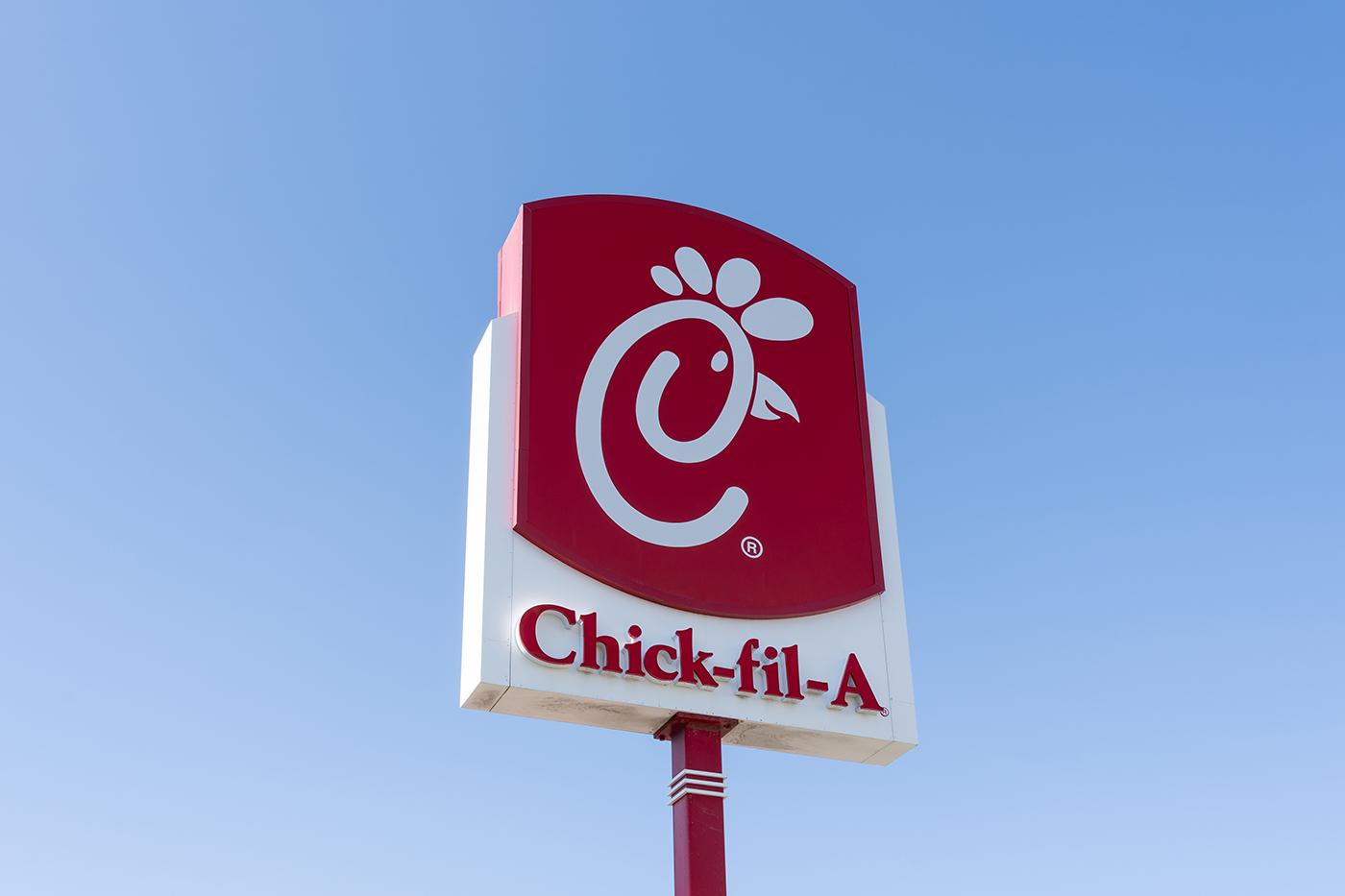As reported by The Oregonian, a significant change in the poultry farming industry has been implemented in Oregon and Washington, with both states enforcing new regulations as of January 1 that require commercial egg farms to adopt cage-free environments for their hens. These regulations, which were originally passed in 2019, are aimed at enhancing the welfare of the hens by providing them more space and freedom.
Both Oregon and Washington's laws were structured to afford egg producers ample time for the necessary adjustments. The laws apply to commercial farms housing 3,000 or more chickens and stipulate that these birds must have sufficient space to move freely. Additionally, any egg producer intending to market their products within these states must comply with the cage-free requirement. Specifically, Oregon's Senate Bill 1019 sets forth detailed standards, including minimum space requirements and the provision of environments conducive to natural chicken behaviors such as scratching, perching, nesting, and dust bathing.
These two states join others, including California and Massachusetts, in implementing such animal welfare laws. Several other states, such as Utah, Colorado, Rhode Island, Nevada, Arizona, and Michigan, have also passed similar laws, which are slated to come into effect in the near future.
A 2022 report from the Associated Press highlighted a significant shift in the industry, noting that the proportion of U.S. hens in cage-free settings had escalated from 4% in 2010 to 28% in 2020. This trend is expected to continue, potentially reaching around 70% by 2026.
When the law was enacted in Oregon in 2019, the Humane Society praised the move, emphasizing its positive impact on approximately 4 million hens in the state. The organization criticized the previous conditions in which most hens were kept, describing them as confined, barren, and severely restrictive. They pointed out that such conditions prevented hens from engaging in natural behaviors and led to a life of frustration and deprivation.
Exceptions to these regulations exist, particularly for smaller farms with fewer than 3,000 hens and for specific circumstances like county fairs, 4-H exhibitions, veterinary needs, and animal transportation. The Oregon Department of Agriculture has noted that, to date, there have been no instances of non-compliance, although penalties for violations can reach up to $2,500.
The cost of eggs, meanwhile, soared to record highs in 2023, influenced by various factors including increased feed and fuel costs and outbreaks of avian flu. Experts suggest that the shift towards more ethically produced eggs could contribute to higher prices.
Consumers may encounter both "cage-free" and "free-range" labels on egg cartons in stores. The distinction lies in the living conditions of the hens: while cage-free hens are raised indoors, free-range hens have access to outdoor spaces.













